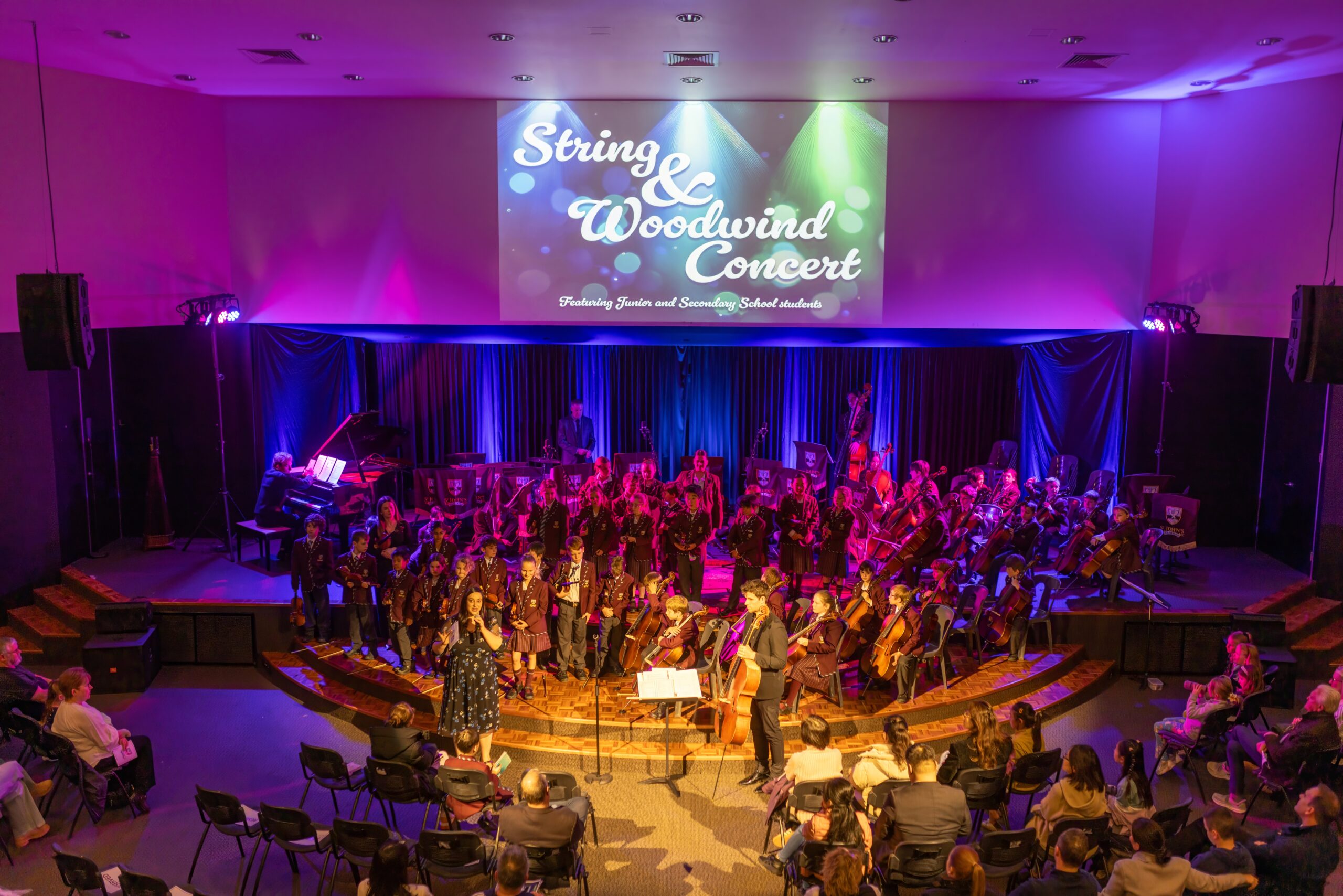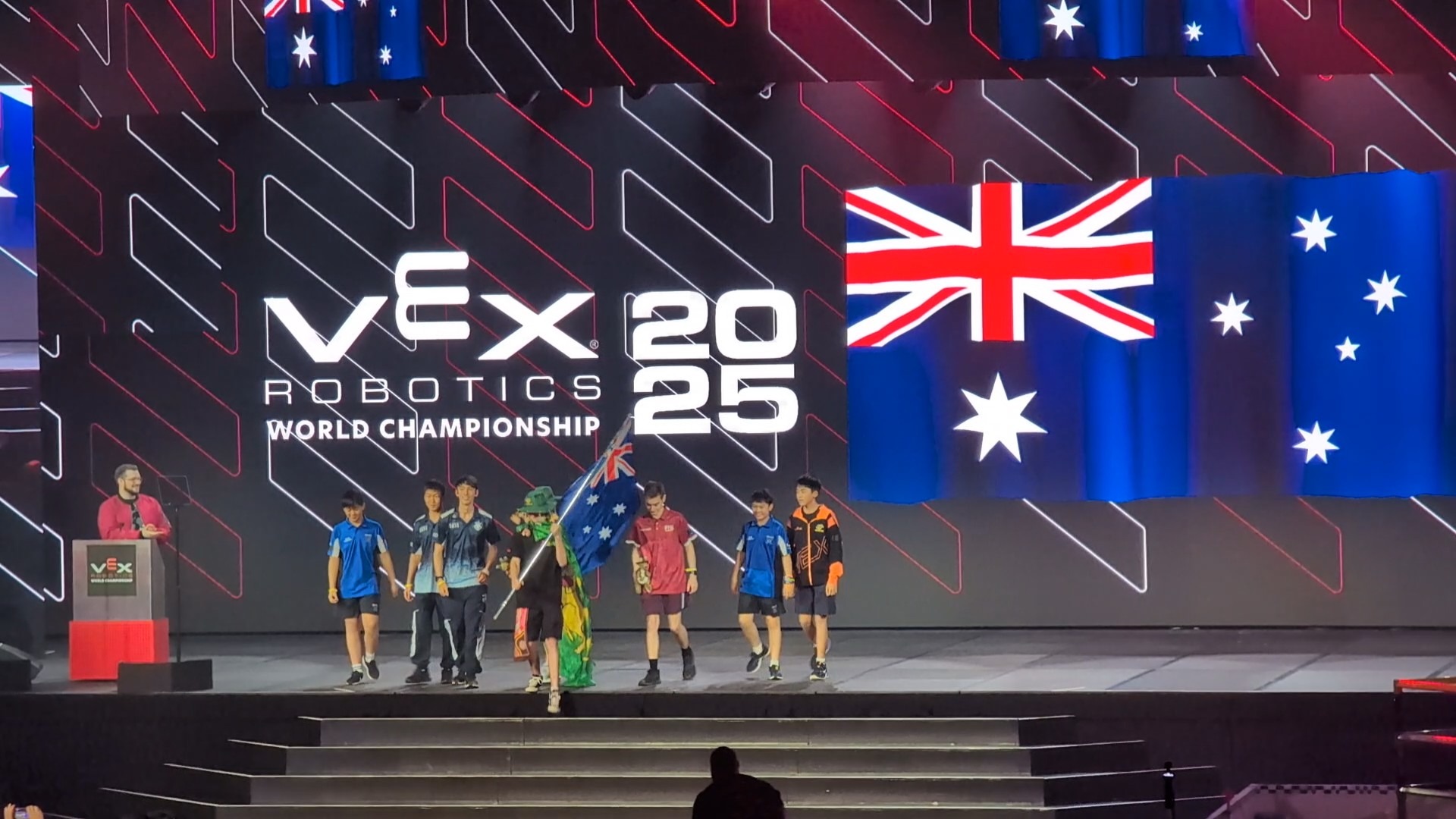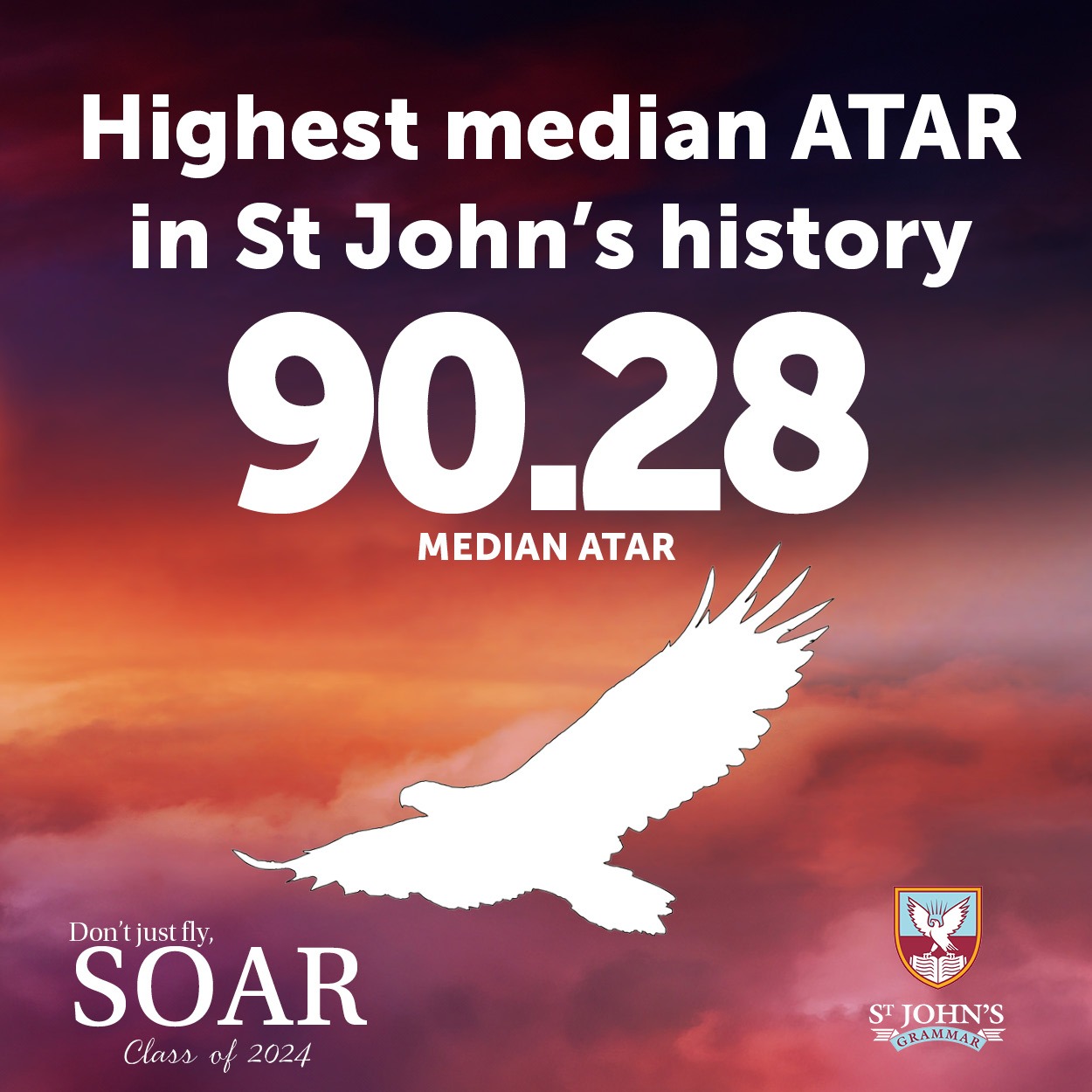Year 2
St John's Grammar
Throughout their Junior School experience, the Year 2 students have opportunities to connect, create and challenge and learn to soar. With classroom environments providing a safe, innovative and inspiring experience, our learners have opportunities to grow and achieve under the guidance of our highly qualified and supportive staff.
Following our Reception to Year 2 theme of ‘connect’, the students enjoy exciting, engaging and rigorous tailor-made programs where each child experiences learning with real connections, and authentic and timely feedback.
In Year 2, the students enjoy single year level classes with smaller class sizes to ensure individual attention, and they are buddied with Year 6 students to widen their experiences and give them a sense of connection and belonging.
Our Junior School curriculum uses Edward de Bono’s six hat thinking model, in addition to explicit teaching of foundational literacy and numeracy concepts, and VAKPOINT learning strategies. Technology is a big part of classroom practice at St John’s Grammar, with the Year 2 students using iPads for reading, Maths, writing, typing skills and Digital Technology.
To showcase and share students’ work, St John’s Grammar School use online platforms, such as Seesaw, which keep the School connected with families and give you the opportunity to share in your child’s academic and personal achievements.
The Year 2 students are encouraged to develop planning skills and working on longer term projects of interest, and they enjoy one session every three weeks inside the Belair National Park where they experience calculated risk taking, building resilience, and studying environmental science.
Fun events occur across the year and are a highlight in the School’s calendar, such as Book Week, Science Week, and PE Week, and co-curricular activities such as netball, Auskick, dance, cricket, football, basketball and gymnastics connect children and families within our community.
Specialist programs such as Art, Music, Sport, Indonesian and Recorder inspire students and promote creativity, while our wellbeing programs have a major focus on Friendology to help students learn the skills to be resilient and connected with their peers.
Structured, natural inquiry with Belair National Park
As the campus is adjacent to Belair National Park, a structured natural inquiry program sees the Year 2s collecting information about the lake in the Belair National Park.
Regular sessions inside the Park allows students to explore and develop an appreciation for the natural environment of Belair National Park while exploring Environmental Science aspects of mapping, lifecycles and water quality.
This opportunity to learn in the Park adds a richness to our learning by providing unparalleled opportunities for children to learn; not only from an Environmental Science perspective but also opportunities for calculated risk taking and resilience as they play amongst the natural environment.
Sharing stories as emerging authors…
Year 2 students are tasked with the challenge of becoming an author. Creating their own texts, students use newly acquired skills to develop a story by hatching out an intriguing plot, adding interest with the aid of literacy techniques and illustration and countless rounds of editing and refining. The finished products are exhibited at a special book launch where students can share their works with their peers, parents and the wider St John’s Grammar community.
Exploring processes of the mind and thought patterns
Nurturing and developing thinking skills is a cornerstone of Year 2, with Edward de Bono’s six hat thinking model providing a unique way to consider various ways to think about and interpret information. Technology is a big part of classroom practice at St John’s Grammar, with the Year 2 students using computers for reading, Maths, writing, typing skills and Digital technology.
To continue their growth as they journey towards the Upper Primary Years, our Year 2s receive peer mentoring as they transition from Junior Primary.


